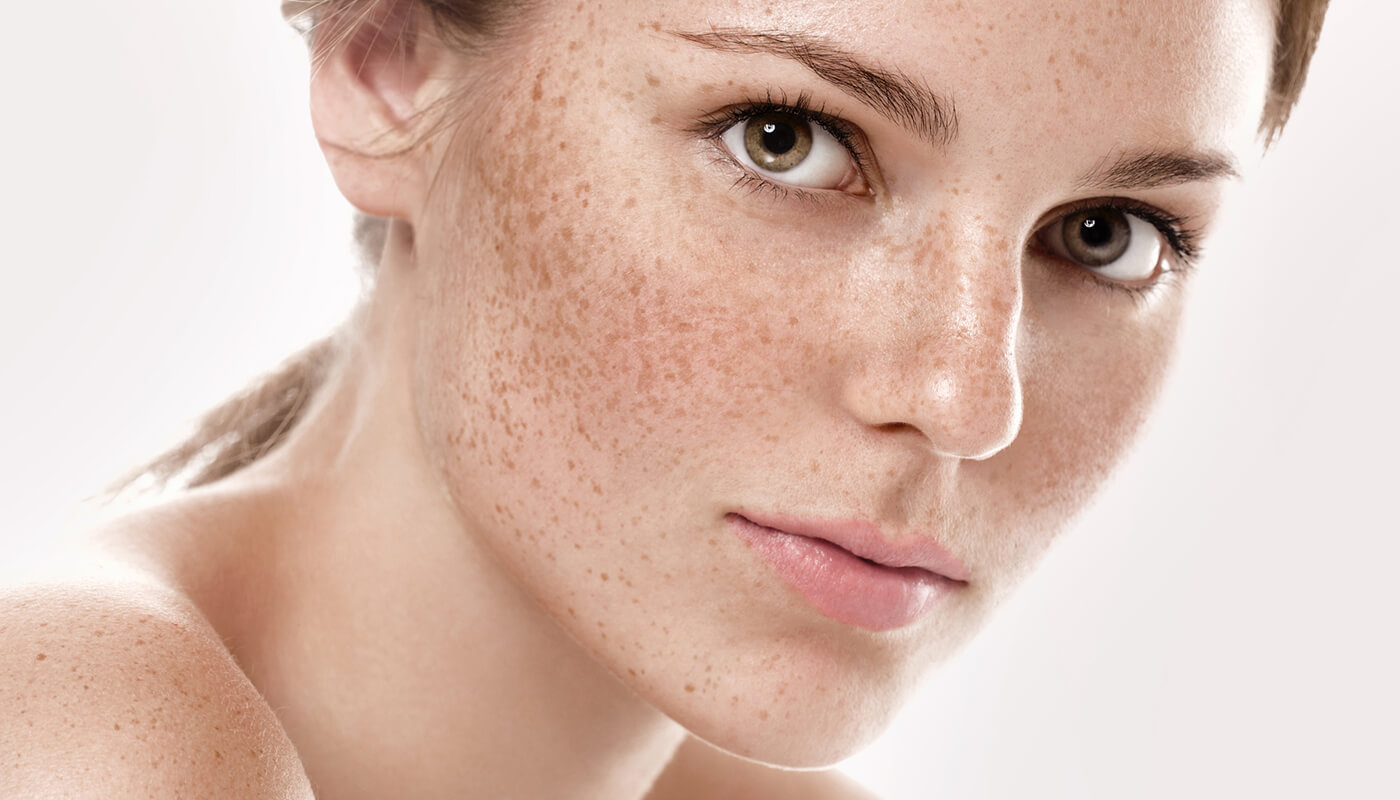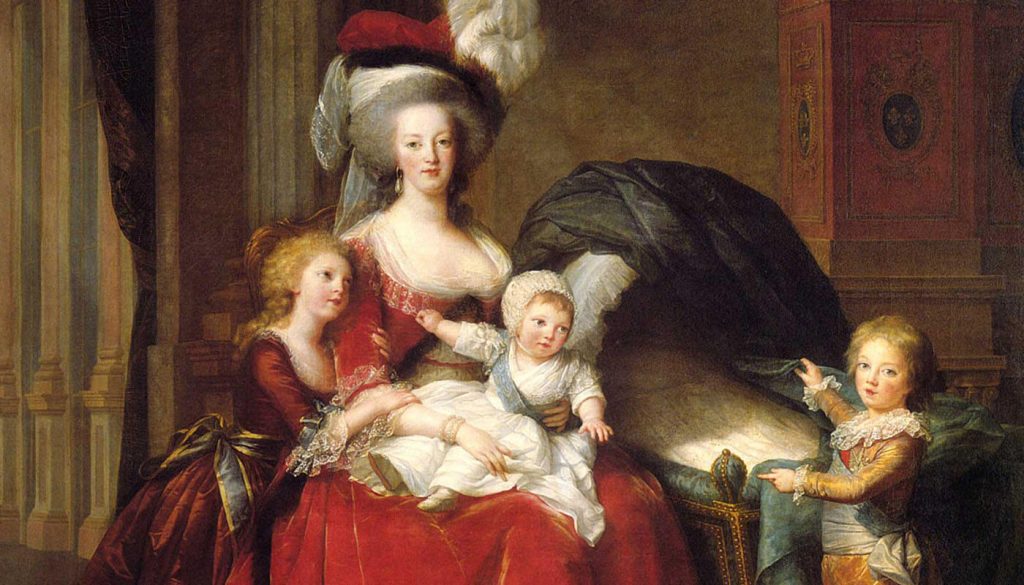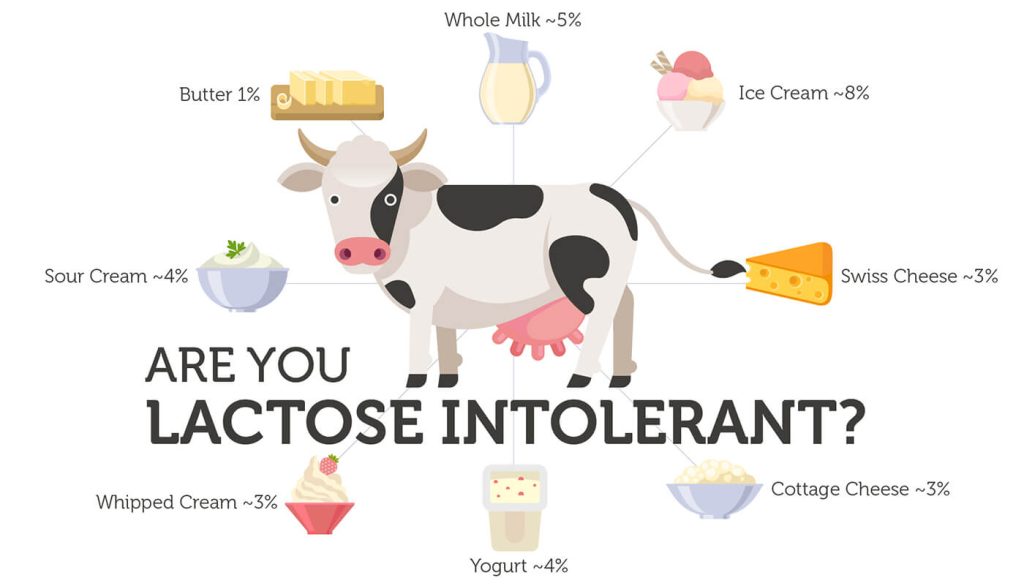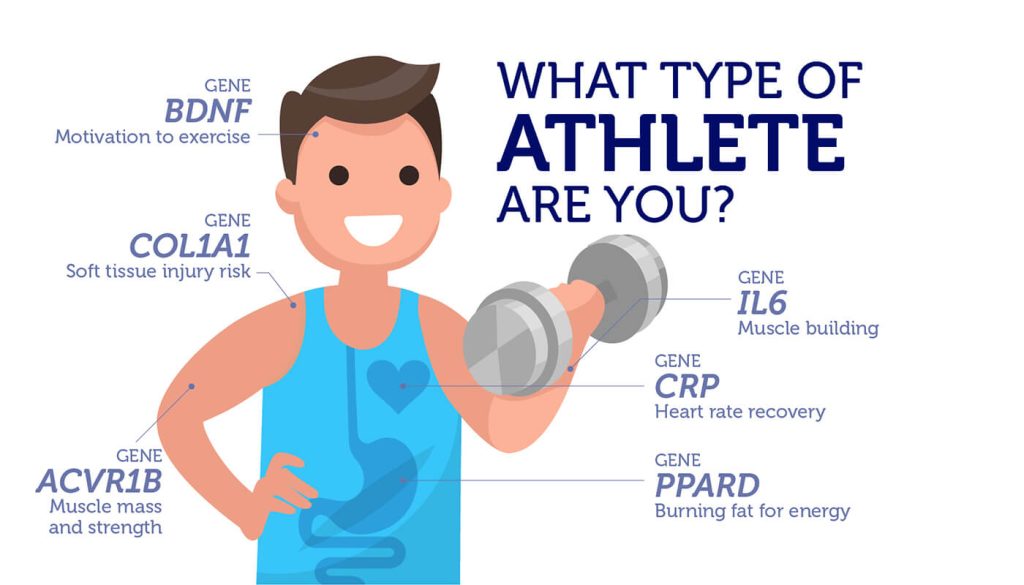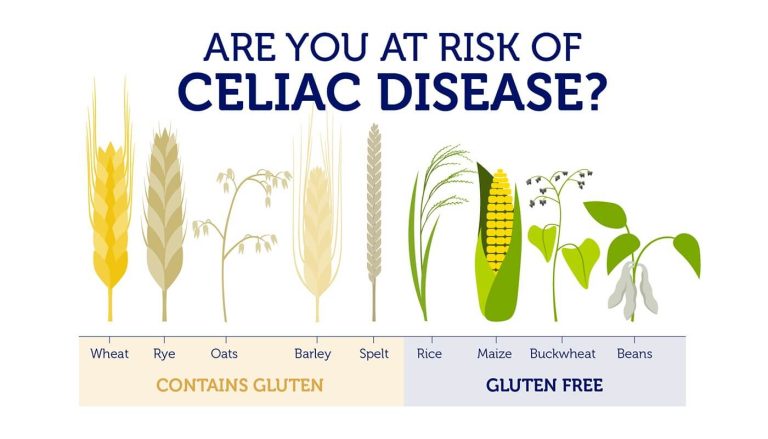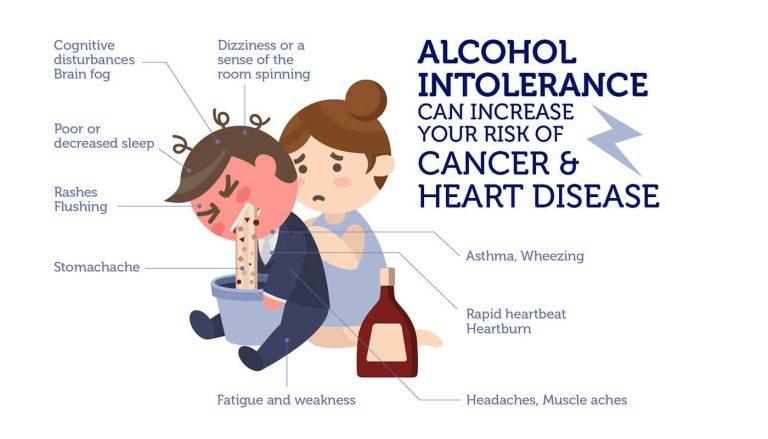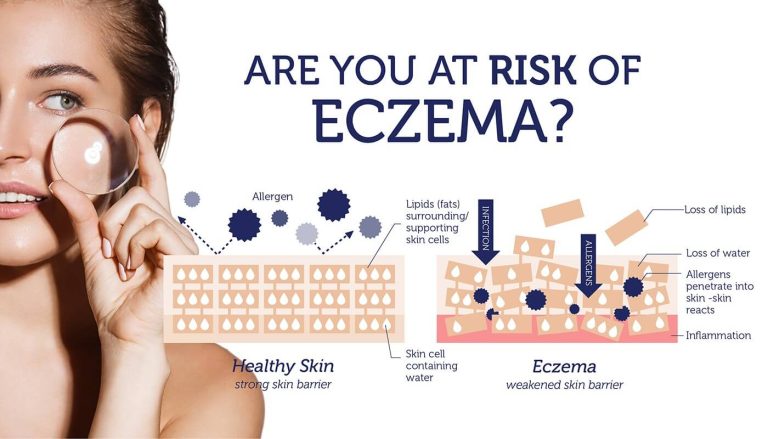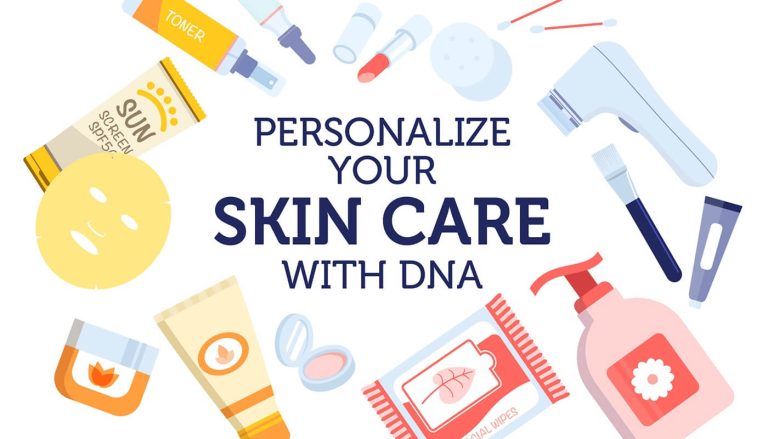Freckles – they fit the expression “the grass is always greener on the other side”, to a T. Those of us who have freckles want them gone, often because of the teasing or bullying. And others want them so dearly, they are willing to get permanent freckle tattoos.
The appearance of freckles is strongly influenced by genetics. This is why we can predict our chances of getting them based on our heritage. Unfortunately, it also means that we have very little control over their appearance.
The sun, melanin and freckles
Freckles may have set their own trend on Instagram, but they are far from just being a beauty mark to be adored. They are actually made of clusters of cells with melanin, a pigment in our skin that protects us from harmful ultraviolet (UV) rays.
Sunlight triggers melanocytes, cells in our skin, to make more melanin. Extra melanin is then transferred to the outer cells, called keratinocytes, making them appear darker. The more you expose your skin to the sun, the darker and more pronounced your freckles will become.
Genes behind freckling
All of the variants linked to freckles are in genes related to melanin.
There’s the MC1R gene that encodes the melanocortin 1 receptor found on the surface of melanocytes, which controls the production of melanin. Two variants of MC1R changes the levels of the melanocortin 1 receptor protein, increasing the susceptibility to freckling by 11-fold.
The IRF4 gene makes a protein that controls other genes involved in melanin production. There’s a strong link between DNA changes in IRF4 and the presence of freckles.
Variants of two additional genes, ASIP and TYR, influence melanin production. Tyrosinase (TYR) is the enzyme that starts off the process of making melanin. The ASIP protein binds and blocks the melanocortin 1 receptor, essentially turning it off.
Genetically predisposed?
The same genes that control our skin, hair, and eye color, regulate freckles. This is why freckles occur more often on people with fair complexion. We are all well aware that red heads with pale skin likely need more protection from the sun, than someone with darker hair and olive skin.
You can find out if you are genetically predisposed to freckling with the DNA Skin Health Test. Hopefully, with the trends on Instagram, and celebrities (think Julianne Moore, Kate Moss or Emma Watson) doing their part to make freckles more acceptable, the day we truly embrace them for their beauty may not be too far off.


